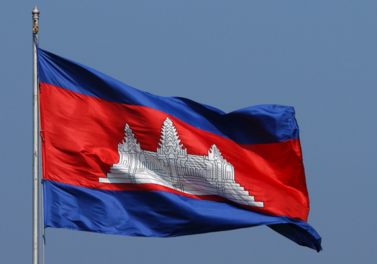
Jul 4, 2016
The ICJ and other human rights groups have released a joint statement highlighting concerns about Cambodia raised at the 32nd Session of the Human Rights Council.
In addition to the ICJ, the statement has been signed by the Asian forum for Human Rights and Development (Forum-ASIA), the Cambodian Centre for Human Rights, the Cambodian League for the Promotion and Defence of Human Rights (LICADHO), Civil Rights Defenders, the International Federation for Human Rights and the World Organisation Against Torture (OMCT).
The statement can be downloaded here: Cambodia-Joint Statement-HRC-Advocacy-2016-ENG (full text in PDF)
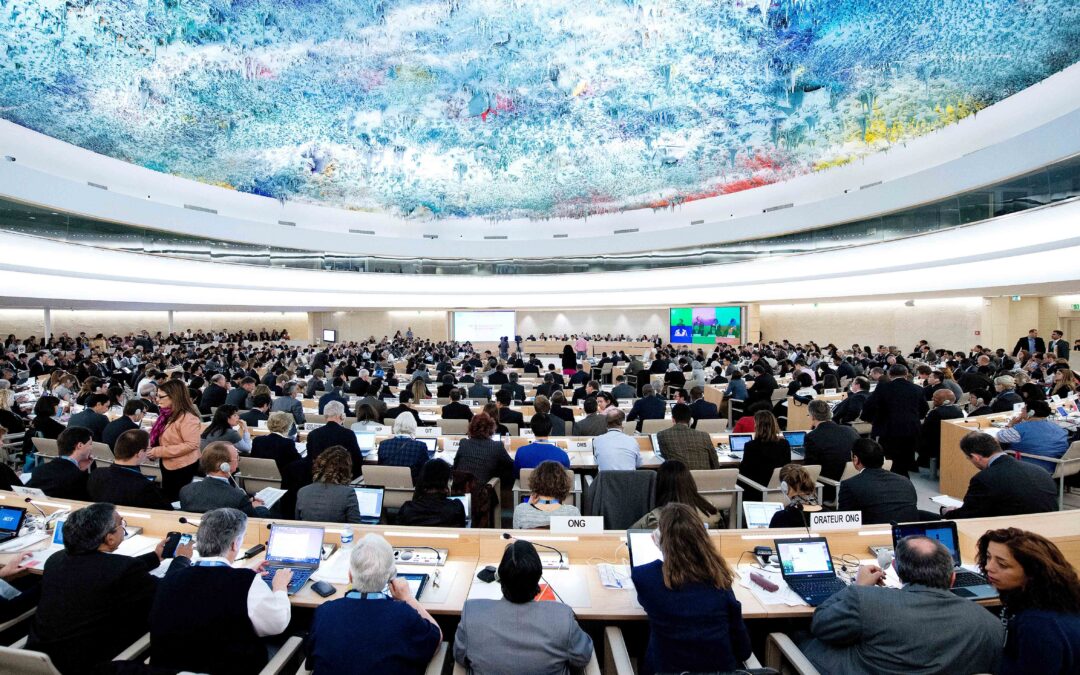
Jun 29, 2016 | Advocacy, Non-legal submissions
The ICJ, joined by FIDH, Franciscans International, and IMADR, today delivered a statement to the UN Human Rights Council.
The statement was on the situation of Rohingya Muslims in Myanmar, and on the need for active participation by international judges in the judicial mechanism to be adopted in Sri Lanka as part of the process of accountability and reconciliation.
The organizations stated, during general debate on an oral update on Sri Lanka from the High Commissioner for Human Rights, and the Commissioner’s report on the situation of Rohingya in Myanmar, that:
The Government of Myanmar has persecuted the Rohingya, refused to extend basic citizenship rights, and Parliament passed legislation entrenching discrimination such as the Race and Religion Protection laws. This has displaced thousands within Rakhine State and driven the Rohingya to sea and neighbouring countries. The ICJ, FIDH, Franciscans International and IMADR call on Myanmar:
- to repeal the 1982 Citizenship Law or amend it in accordance with the recommendations of the Special Rapporteur, to grant Rohingya full citizenship and accompanying rights;
- to develop a citizenship plan based on non-discrimination;
- to reject the Rakhine State Action Plan in its current form;
- to repeal laws that discriminate against ethnic and religious minorities;
- to diligently prosecute all acts of violence fuelled by discrimination, and hate speech that incites discrimination, hostility or violence; and
- to improve basic living conditions for the Rohingya and Arakanese in Rakhine State by enhancing protection of their economic, social, and cultural rights.
We welcome recent initiatives by the Government of Sri Lanka towards implementing Resolution 30/1, including the establishment of an Office of Missing Persons, and ratification of the Convention for the Protection of All Persons from Enforced Disappearance.
However, many of the commitments in the resolution remain unfulfilled. The other three transitional justice mechanisms envisioned by the resolution – an office of reparation, a truth-seeking commission, and a judicial mechanism – are yet to be established.
We call on Sri Lanka to implement, without delay, all elements of Resolution 30/1, including particularly the establishment of a credible judicial mechanism with full participation of international judges, prosecutors and lawyers. We agree that international participation is “a necessary guarantee for the independence and impartiality of the process in the eyes of the victims” (High Commissioner’s Oral Update, A/HRC/32/CRP.4, paragraph 32).
Rapid progress on this and other key elements of the resolution is essential to the credibility of the overall process of transition in Sri Lanka.
The statement can be downloaded in full, in PDF format, here: HRC32-OralStatement-SriLankaMyanmar-2016
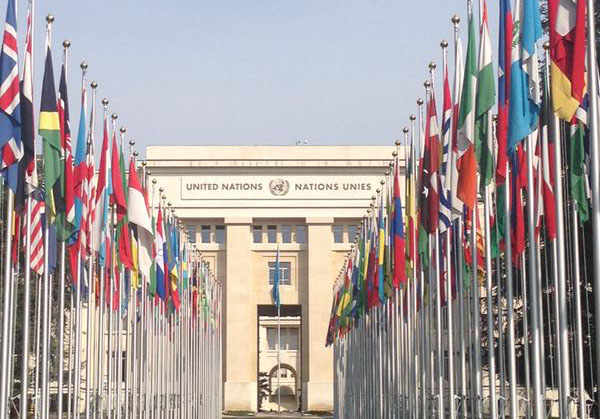
Jun 29, 2016
The ICJ has joined a group of 244 civil society organizations, spanning across all regions of the world, to call on States at the UN Human Rights Council to cosponsor the resolution on civil society space.
The groups also call to vote against amendments proposed by the Russian Federation that would weaken it, and to vote in favour of the resolution itself.
The vote is expected to take place later this week.
The draft resolution, presented by a cross-regional group of States comprising of Chile, Ireland, Japan, Sierra Leone, and Tunisia, was developed through broad consultation with States and civil society and in the past was adopted by consensus.
The draft resolution welcomes the adoption of the 2030 Agenda for Sustainable Development, and recognizes the key role of civil society in achieving the goals. Once adopted, the resolution will be a substantive contribution to the Council’s work to protect civil society space.
However, fifteen amendments tabled by the Russian Federation seek to remove these essential elements from the draft resolution, and insert language to justify illegitimate restrictions on civil society that would undermine the protections of international human rights law. Many of the amendments challenge previously agreed HRC or General Assembly language.
If adopted, the amendments would undermine international efforts to safeguard space or civil society, including because they would effectively:
- Reject the expert guidance and practical recommendations made by the UN High Commissioner on Human Rights on civil society space, including to remove substantive recommendations to states on ensuring: a supportive legal framework for civil society and access to justice; public and political environment for civil society; access to information; public participation of civil society actors, and human rights education;
- Remove or otherwise limit commitments to protect and promote the right to freedom of association, in particular civil society’s right to access resources for its vital work, and to be free of arbitrary registration and reporting requirements that seek to hinder the work and safety of civil society;
- Remove references to the gravity of threats civil society faces, including illegitimate restrictions to their rights to freedom of expression, association and peaceful assembly, as well as reprisals against those seeking to cooperate or cooperating with the United Nations and other international bodies;
- Narrow the understanding of “minority groups”, by seeking to include only a limited and under-inclusive list of protected characteristics to the exclusion of others recognised under international human rights law;
- Remove reference to the term “human rights defenders”, as well as previous work of the HRC on their protection;
- Remove concerns that restrictions on civil society may limit the United Nations in achieving its purposes and principles, and removing the emphasis on the Universal Periodic Review as an important mechanism to create space for civil society.
The full letter and list of organizations can be downloaded in PDF format here: HRC32-OpenLetter-CivilSocietySpace-2016-EN
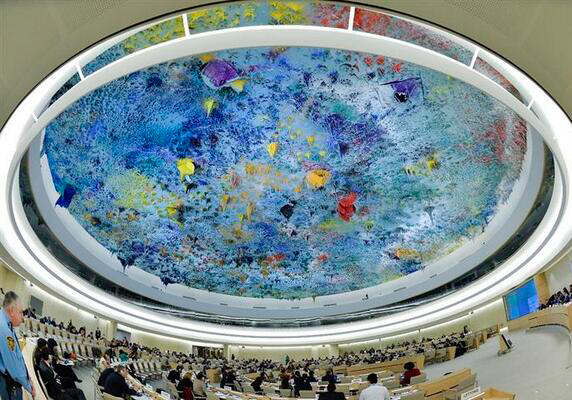
Jun 24, 2016 | Advocacy, Non-legal submissions
The ICJ today made a statement to the UN Human Rights Council concerning the death penalty, and freedom of expression, in Singapore.The statement can be downloaded in PDF format here: HRC32-OralStatement-UPR Singapore-2016-ENG
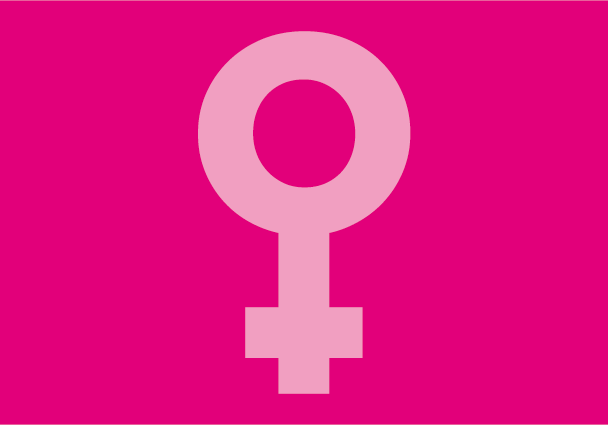
Jun 9, 2016 | News
The ICJ welcomes the landmark decision issued today by the UN Human Rights Committee in the case of Amanda Mellet v. Ireland under the Optional Protocol to the International Covenant on Civil and Political Rights.
The Committee found that, by forcing Amanda Mellet to choose either to carry her foetus to term, despite its fatal fœtal abnormality, or to travel abroad to seek an abortion, Ireland had subjected her to cruel, inhuman or degrading treatment and discrimination, in violation of its obligations under the Covenant.
The ICJ considers that in light of the Committee’s decision Ireland must provide reparation to Amanda Mellet and reform its laws to prevent future violations.
Otherwise, Ireland will be in breach of its legal obligation to provide Amanda Mellet with an effective remedy – including in the terms set out in the Committee’s decision – for the human rights violations she suffered.
Related readings:
Full text of Human Rights Committee’s decision (download in PDF)









